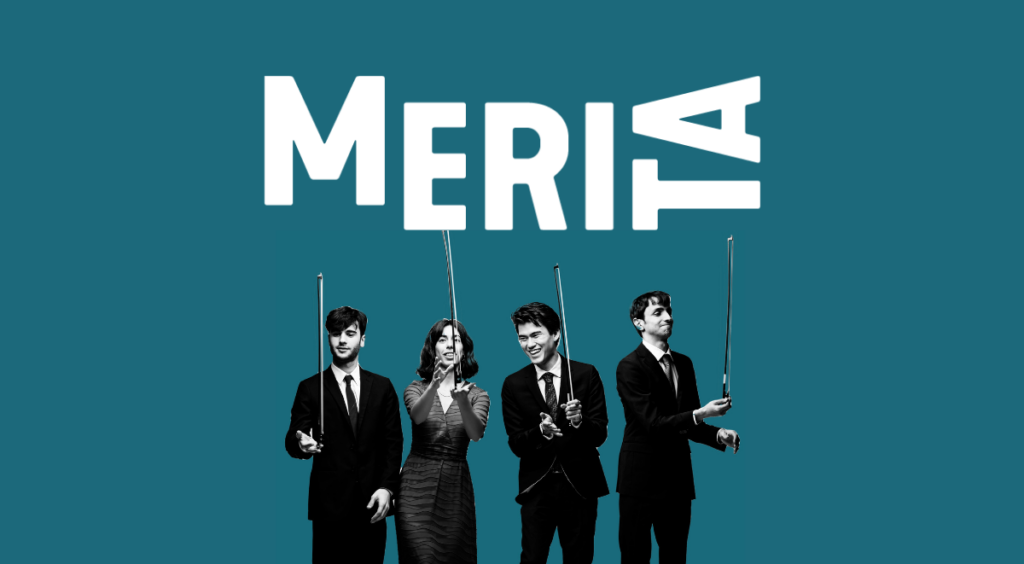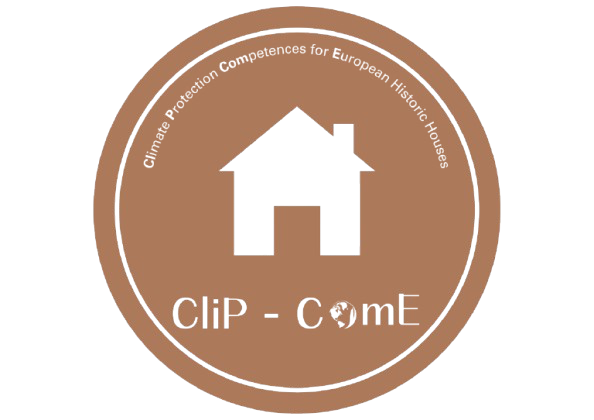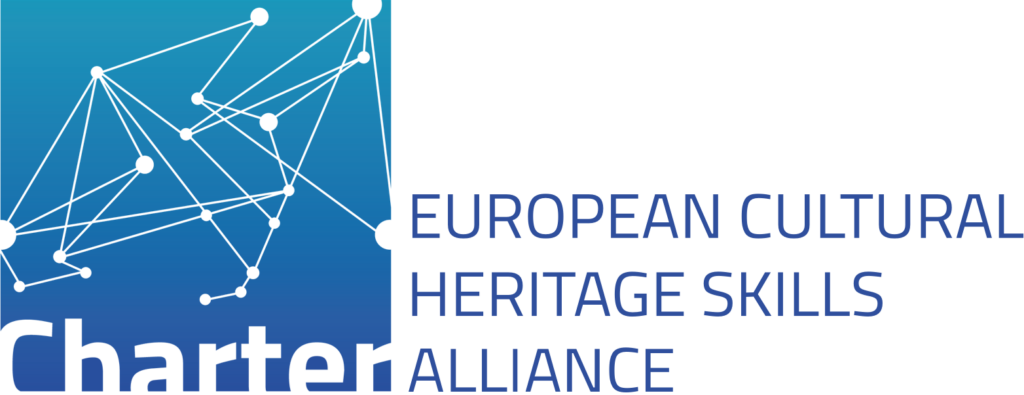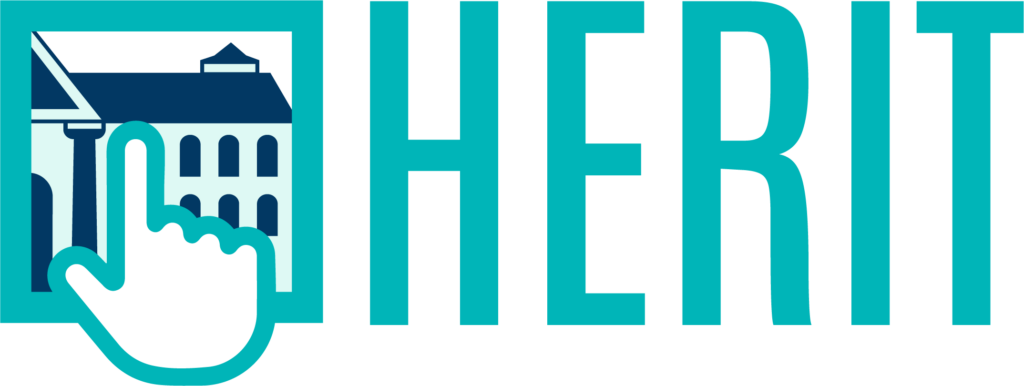Projects
At European Historic Houses, we are committed to initiatives that highlight the important role of family-owned historic properties across Europe. Alongside our participation in Erasmus+ and Creative Europe projects, we also develop our own independent initiatives that promote innovation, sustainability, and digitalisation in the heritage sector. Through these projects, we aim to contribute to the preservation and future of Europe’s cultural heritage.
40 years, 40 stories
As part of our campaign celebrating our association’s 40th anniversary, we are sharing the unique histories, challenges, and innovations of Europe’s most remarkable historic houses. Through these interviews, discover how their custodians preserve heritage, embrace sustainability, and keep their estates vibrant for future generations.
MERITA
MERITA, winner of the Creative Europe – European Platforms 2021 competition, is an initiative co-financed by the European Union. Serving as a collaborative hub for musicians, mentors, historical venues, and concert organizers, MERITA bridges the online and offline worlds to breathe new life into the tradition of classical music performance across Europe.

MERITAcubed
As the second instalment of the MERITA project, MERITAcubed aims at promoting emerging European chamber music artists, improving their visibility and circulation, and strengthening their sustainable relations with cultural heritage and audiences
CliP-ComE
CliP-ComE (Climate Protection Competences for European Historic Houses) is a two-year Creative Europe project enhancing sustainability and energy efficiency in historic houses. It offers training to boost operational capacity, skills in climate protection, and awareness of EU climate goals like the Green Deal. Initiatives include workshops, best practices, and “Climate Protection Guards” to champion sustainability.

MetaHeritage
MetaHeritage (Metaverse and Heritage Routes as Innovative Approaches for Networking, Capacity Building and Interregional Investments) is a two-year project aimed at strengthening regional networks’ capacity to generate business opportunities in the cultural sector through two innovative approaches: the Metaverse and heritage routes.

Past Projects
CHARTER Alliance
CHARTER Alliance is a four-year project creating a sectoral skills strategy to ensure Europe’s cultural heritage sector thrives sustainably. With 28 core members and 46 partners, it focuses on digital, green, and blue economy skills, training, and policy. European Historic Houses contributes to coordination, analysis, training, and strategy, enhancing the sector’s professionalism and impact on society.

HERIT
HERIT set out on a mission to fortify the digital education preparedness of private historic house owners and their employees, equipping them to navigate the profound repercussions of the COVID-19 crisis on cultural tourism. EHH stood among the consortium’s seven partners, a crucial driving force behind this endeavour.

Heritage Houses for Europe Study
Family-owned heritage houses preserve European culture, create quality jobs, and offer social and environmental benefits, but remain under recognised. They face challenges in financing, governance, and management, with families bearing the responsibility for upkeep. This project aimed to empower heritage house managers with innovative strategies and enhanced skills to unlock the sector’s potential.
IDENTITY AND INNOVATION
The 18-month Erasmus+ project Identity and Innovation united partners from Belgium, the UK, and Italy to balance preserving educational heritage and fostering innovation in schools. Through workshops, best practice exchanges, and networking, the project enhanced visibility, sustainability, and digitalisation of school heritage, improving well-being and scholastic environments. EHH contributed by sharing best practices from the private cultural heritage sector, promoting creativity and appreciation in education.
